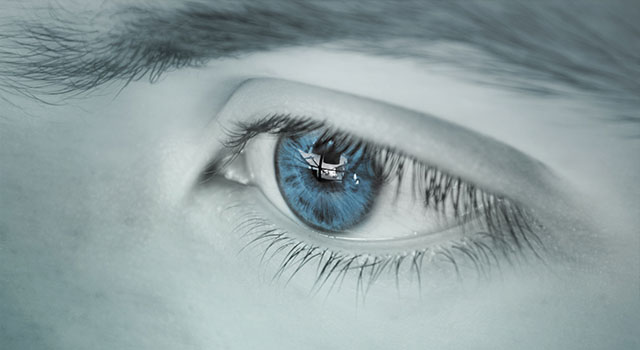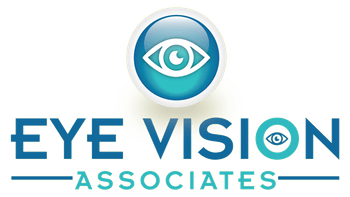
Neuro-Optometry Blog

In this article, we explore the various ways a stroke can negatively affect a person’s vision and explain how a neuro-optometrist can help rehabilitate vision.

If you’ve experienced a traumatic brain injury, you might still be experiencing some visual problems. Schedule an appointment with a neuro-optometrist, who can diagnose and treat visual problems resulting from your head injury.

Is your vision blurred, or do you experience other vision problems following your head injury? A Neuro-Optometrist near you will tailor a treatment program to help you see clearly again.

A blow to the head can badly disrupt the connection between your brain and your eyes and cause problems like blurry or double vision and sensitivity to light. Fortunately, a neuro-optometrist can treat your concussion-related visual symptoms.

A head tilt or turn isn’t just a physical quirk. It can be a sign of a vision problem that may have a neurological basis. If turning or tilting your head helps you see better, schedule an eye exam with a neuro-optometrist to identify the underlying cause.

After brain surgery, patients may experience double vision (diplopia) resulting from a disruption of the ocular muscles or nerves. Prism glasses and neuro-optometric rehabilitation can help correct post-surgery diplopia.
